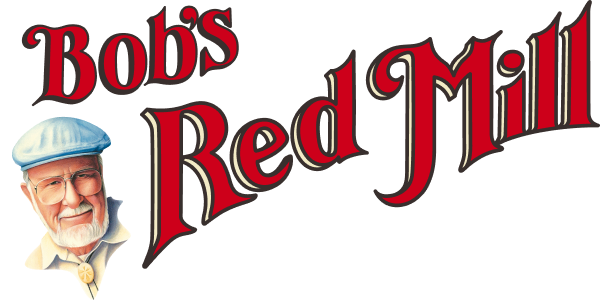


 Before we delve into the ins and outs of a protein-rich diet, we need to understand what protein is and why it is important that we get enough of it on a daily basis. Protein is a macronutrient, along with carbs and fats, meaning that it should make up a significant portion of your diet. It is made up of amino acids, and nine out of twenty-two amino acids are classified as essential amino acids because your body cannot produce them, but it does need them to remain healthy. Any of these essential amino acids must be consumed in your foods, and protein typically contains a lot of these. Animal products, like eggs, dairy, meat, fish, and poultry, are typically considered to be complete proteins because they contain all the essential amino acids in a good balance for your body to use. However, other foods like vegetables and legumes can be combined to create a complete protein amino acid profile. Especially if you are vegan or vegetarian and do not consume animal products, you need to pay special attention to the amino acids in your protein sources to ensure that you are receiving a good mix of all the essential ones.
Before we delve into the ins and outs of a protein-rich diet, we need to understand what protein is and why it is important that we get enough of it on a daily basis. Protein is a macronutrient, along with carbs and fats, meaning that it should make up a significant portion of your diet. It is made up of amino acids, and nine out of twenty-two amino acids are classified as essential amino acids because your body cannot produce them, but it does need them to remain healthy. Any of these essential amino acids must be consumed in your foods, and protein typically contains a lot of these. Animal products, like eggs, dairy, meat, fish, and poultry, are typically considered to be complete proteins because they contain all the essential amino acids in a good balance for your body to use. However, other foods like vegetables and legumes can be combined to create a complete protein amino acid profile. Especially if you are vegan or vegetarian and do not consume animal products, you need to pay special attention to the amino acids in your protein sources to ensure that you are receiving a good mix of all the essential ones.